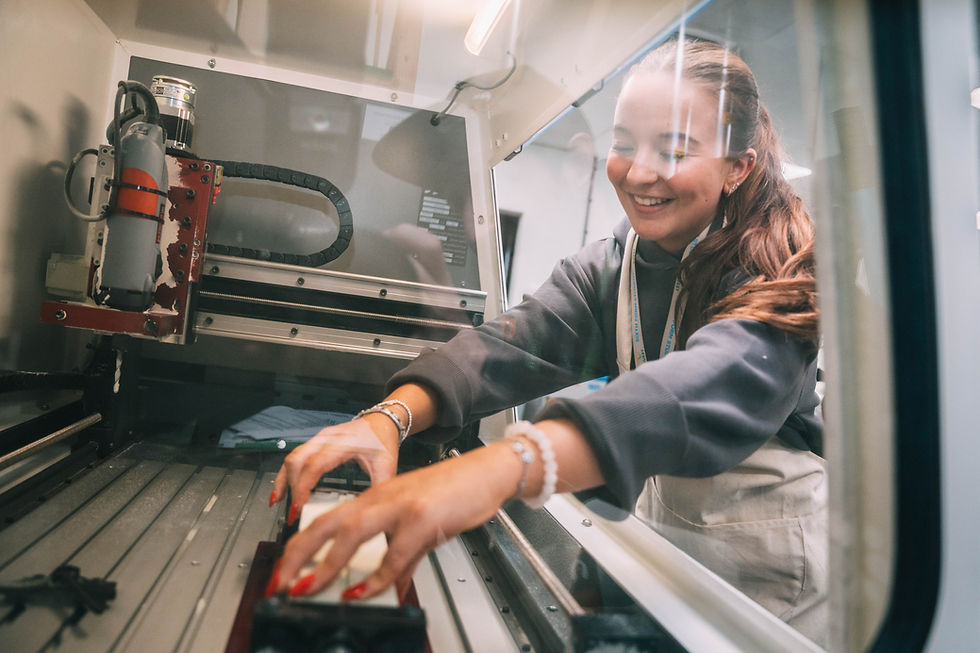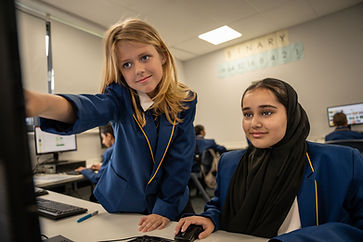
Design Technology,
Engineering & Art
Pathways
The Pearson BTEC National Extended Diploma in Engineering is for learners who want to pursue a career in Engineering and who want to be able to collaborate across and apply knowledge, skills and understanding in other areas of engineering. This will then able our students to either progress to an apprenticeship, further education or employment in a variety of Engineering fields

The curriculum revisits key areas to solidify skills and understanding, with a focus on design principles, problem-solving, and the use of modern manufacturing processes.


Curriculum Assessments
-
Formative and Summative Assessment: Tailored to project requirements at KS3, with KS4 and KS5 assessments aligning with technical award and GCSE specifications.
-
External Assessments: Preparation through practice assignments and mock exams, with progress tracked for targeted intervention.

UTC Fingerprint & Culture

Connections with Employers, Universities, and external agencies enrich students' understanding of the field, with cross-curricular links and out-of-classroom experiences enhancing learning.
Projects designed to be both interesting and challenging encourage students to exceed expectations, with enrichment opportunities and interventions supporting progress.






.png)
.jpg)